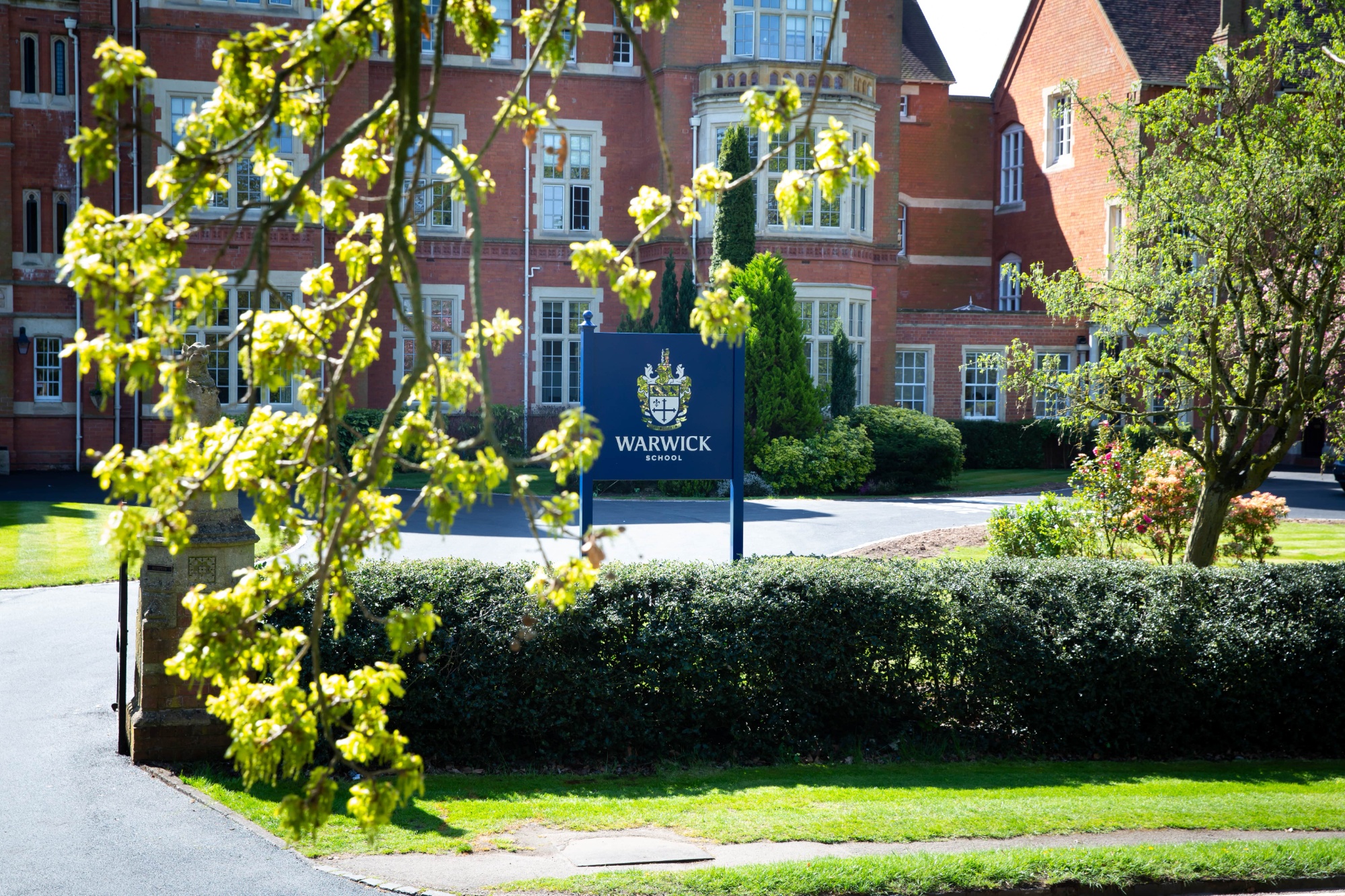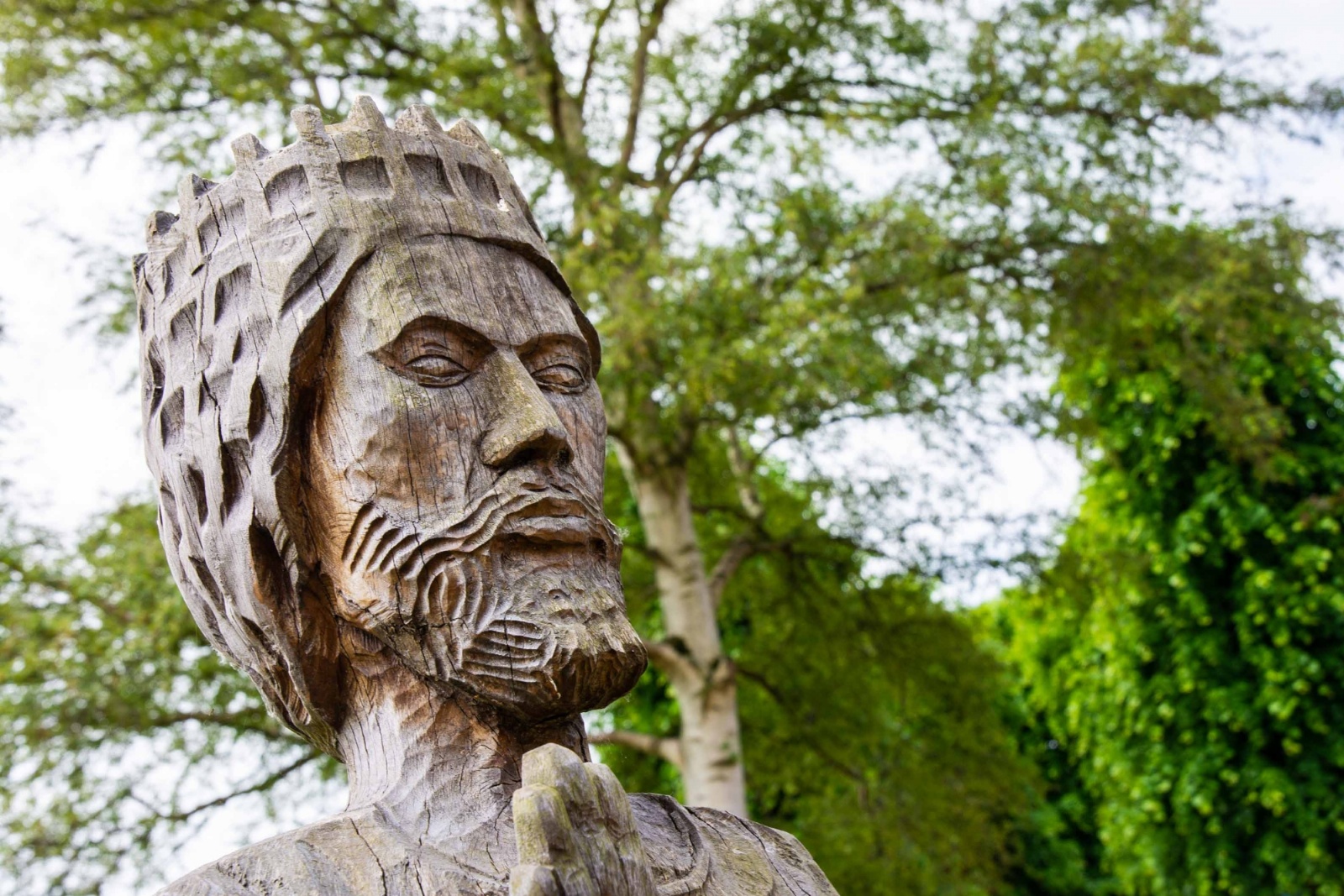Perseverance

The Warwick Way is what makes us distinctive and special – the beliefs and values that define us. We aim to build on our pupils’ individual strengths and help them to grow into well-rounded young men: confident but not arrogant who go on to play a positive role in the world. To this end we seek to develop six values:
Curiosity, Creativity, Courage, Humility, Perseverance, Responsibility.
In this week’s blog I want to focus on one of these six values – perseverance.
My son is 11 years old. Like many of your sons he loves sport. He will play anything, but cricket, football and rugby are his favourites. Since he was 8 years old weekends have been dominated by his sporting commitments. A typical weekend will feature football training on Friday evening, a football match on Saturday morning, a rugby match on Sunday morning and cricket nets on Sunday afternoon.
In September he moved from his small primary school, where there were 16 pupils, boys, and girls, in Year 6, to secondary school and a Year 7 cohort of over 150 pupils. Born in May, he is young for his school year and physically immature for his age. He has gone from being a key member of every school team to being a member of the lower rugby teams and struggling for selection at all in the football season. He works hard and listens to his coaches but has struggled to compete against opponents who are, in some cases literally, twice his size. Last week he had a bit of meltdown. He wanted to give up football and was convinced that he wouldn’t be selected for a cricket team at the weekend. He said he simply couldn’t see the point in continuing to play when no matter how hard he tried he was never going to be as good as his classmates for whom it all seemed to come so easily.
As a father this was heart-breaking and I desperately needed to find the right words to convince him not to give up on something he enjoyed, and that his effort and commitment would pay dividends in the long run.
After thinking about it overnight, we spoke again, and I referred to a number of famous sportsmen. The first was Harry Kane. The England captain and all-time highest scorer is currently enjoying a record-breaking debut season at Bayern Munich. My son is a Spurs fan, and he has always worshipped Tottenham’s record goal scorer. But it didn’t all come easily for Kane. Rejected by Arsenal and Watford as a youngster, according to former Tottenham youth coach Alex Inglethorpe Kane wasn’t even on the podium when he first joined Spurs never mind being one of the groups “gold medal” talents. He made his spurs debut in 2011 but only earnt a regular starting spot in the team following Mauricio Pochettino’s arrival in 2014 and loan spells at Leyton Orient, Millwall, Leicester City, and Norwich City. According to Kane’s coaches his obsession to improve is his greatest strength.
“Harry wanted to get to the top and nothing was going to stop him achieving that because of the …. desire and mentality he possesses.” (Tim Sherwood)
Unlike his predecessor as Tottenham’s record goal scorer Jimmy Greaves, Kane’s legacy is reward not for unmatched natural talent but for perseverance, resilience, and graft.
The second was England and Great Britain Rugby League international Jamie Peacock. In October 2022 Peacock was a guest on the High-Performance podcast where he explained his remarkable career in which he won nine Super League titles in the following way.
I quickly realised that I wasn’t the most talented player. Others were quicker and more skilful. So, I decided to be the commit to being the best at the things that require no talent.
In 2018 a post on LinkedIn went viral. It identified 10 behaviours that require zero talent yet have a huge influence on our success.
- Being on time. Being on time shows discipline and creates a good first impression. It requires organisation and planning ahead – both of which lead to greater success.
- Work ethic. Cutting corners may seem like an easy way out but showing up consistently and taking pride in your work are the foundations of success. At last Friday’s rugby presentation evening guest speaker and former Springbok Ashley Johnson gave the players a message.
‘Hard work beats talent when talent doesn’t work hard.’
I was interested in the origin of this quote. A quick google search on Monday morning attributed it to Kevin Durant. Durant is a is a basketballer who currently plays for the Phoenix Suns in the NBA. Over the course of his decorated career, he has won several individual awards, two NBA championships and three Olympic gold medals. Researching Durant, I came across an anecdote about the late basketball superstar Kobe Bryant. An encounter with Bryant early in Durant’s career had clearly had a real impact. Durant recalled the message a veteran Kobe sent the younger players at Olympic Trials back in 2008. The players were given a day off, but there was Kobe, the only veteran getting on the bus to go and practice at a high school gym. “He made 50 shots at each spot around the 3-point line,” Durant recalls. “We just looked down there and said, man, he’s the best player in the league and he took a bus to a high school to get some work in.”
- Effort. Always do your best. You should never regret that you didn’t try hard enough.
- Body Language. Your body language shapes how you are perceived by others and impacts your behaviour.
- Energy (motivation). Stay focused on your goals. If you know your “Why” it will be easier to stay motivated.
- Attitude. Your attitude determines the course of your life. Stay positive. A negative attitude is a guaranteed method of limiting your success. A great attitude maximises the talent you do have and offsets what you lack.
- Passion. Being passionate about something gives you the ability to endure when things may not be going your way.
- Being coachable. You can never know everything. Always be open to learning. Anyone can become a better listener, learn from feedback and the success of others.
- Doing extra. The most successful sportsman who sustain their success, like Kobe Bryant and Kevin Durant are the ones who consistently work at their craft beyond what was required. That extra work and preparation fosters confidence.
- Being Prepared. Being prepared reduces the possible routes to failure.
Even when it appears to be overnight, like Harry Kane winning the PFA young player of the year in 2014/15 his first full season at Tottenham, or Fin Smith making his England debut aged 21, long-term success is never easy.
“It is the sum of small efforts repeated day in day out.” (Robert Collier)
It is built on perseverance. Showing patience and accepting that things take time, being willing to learn from failure and follow things through to full completion.
Like Harry Kane and Jamie Peacock, when something you want doesn’t come easily stay the course, commit to doing the things that require no talent and watch others walk away when they reach the limit of theirs, and lack the perseverance to keep going. Fin was not the best player in his year group when he first joined Warwick School, arguably he was not even the second or third best, but he wanted it the most, worked the hardest on the things that require no talent and made the most of his potential. He persevered!











